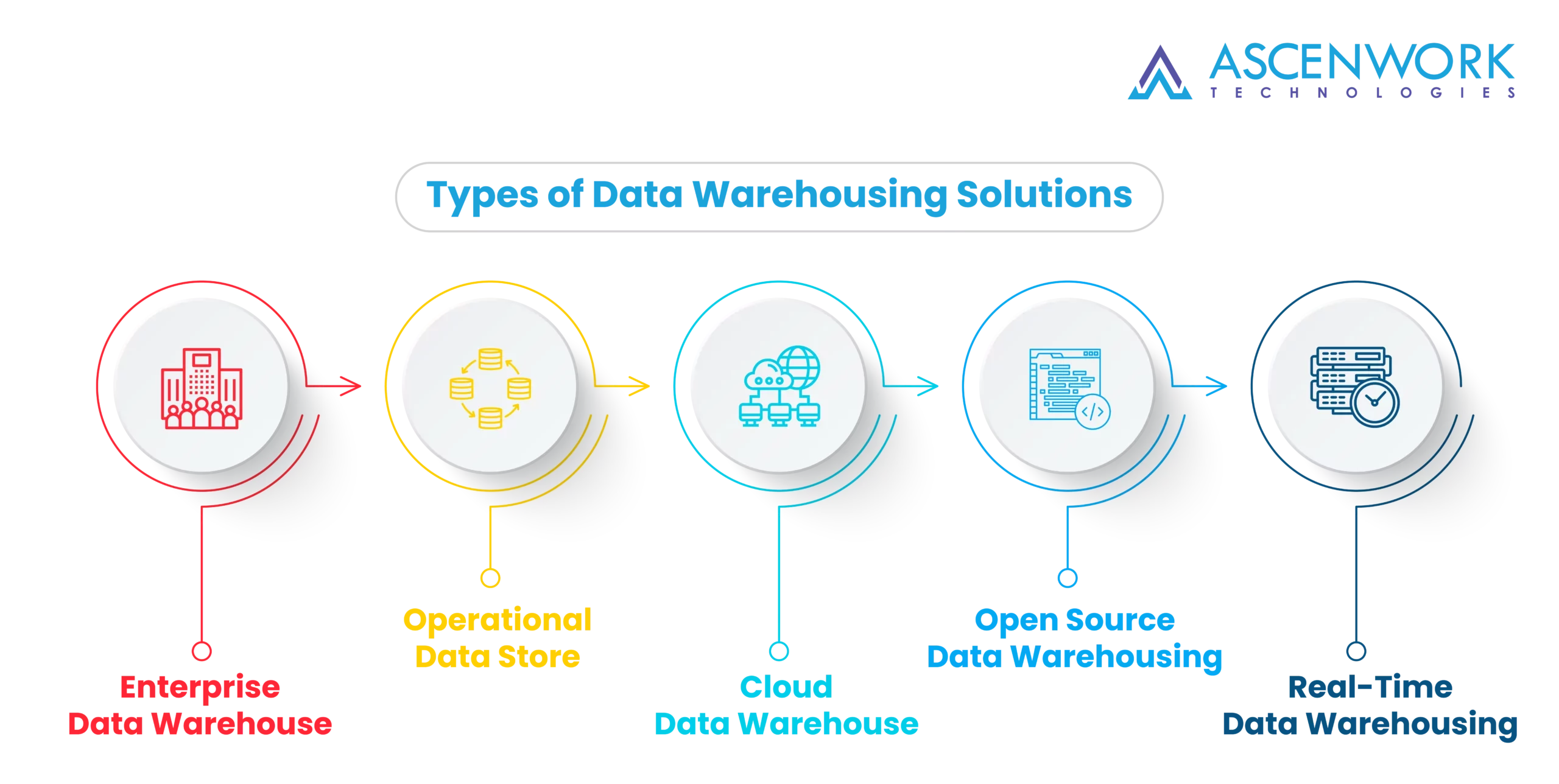
In today’s data-driven world, the convergence of artificial intelligence (AI) and machine learning (ML) with business intelligence (BI) has ushered in a new era of informed decision-making and strategic planning. AI and ML are not mere buzzwords; they represent a seismic shift in how businesses gather, analyze, and utilize data to gain a competitive edge. This article explores the synergy between AI, ML, and BI, delving into the transformative potential, benefits, and challenges of this integration.
The Nexus of AI, ML, and Business Intelligence
Business intelligence entails the process of collecting, organizing, and analyzing data to derive actionable insights. AI refers to the simulation of human intelligence in machines, enabling them to perform tasks that would normally require human intelligence. ML, a subset of AI, involves the development of algorithms that enable computers to learn from and make predictions or decisions based on data.
The fusion of AI and ML with BI has unlocked unparalleled opportunities for businesses to harness the power of data, transforming it into actionable knowledge. Through advanced algorithms and automated processes, AI and ML are revolutionizing the BI landscape, offering a deeper understanding of trends, patterns, and anomalies that drive strategic decisions.
Transformation of Data Handling
AI and ML have transformed the way businesses handle data, allowing for the processing and analysis of massive datasets with unprecedented speed and accuracy. In traditional BI, data processing was a time-consuming and resource-intensive task, often resulting in delayed insights. With AI and ML algorithms, businesses can now automate data cleaning, structuring, and integration, ensuring that decision-makers are equipped with accurate and up-to-date information.
Automated Data Analysis
One of the most significant impacts of AI and ML in BI is the ability to automate data analysis. AI algorithms can sift through vast datasets, identifying hidden patterns and correlations that might go unnoticed by human analysts. For instance, retail companies can use ML models to analyze purchasing patterns and optimize inventory management, thereby reducing costs and minimizing stockouts.
Predictive Analytics: Illuminating the Future
Predictive analytics, powered by AI and ML, is a game-changer for businesses seeking to anticipate future trends. By analyzing historical data and identifying patterns, these technologies can forecast market shifts, consumer behavior, and demand patterns. Financial institutions, for instance, use predictive analytics to assess credit risk and detect potential fraud, enhancing their decision-making capabilities.
Personalized Customer Experience
AI and ML technologies play a pivotal role in creating personalized customer experiences. Through recommendation systems, businesses can tailor product suggestions and content to individual preferences, enhancing customer engagement and satisfaction. This personal touch not only improves customer retention but also boosts sales and brand loyalty.
Unveiling Risks and Opportunities
One of the most valuable applications of AI and ML in BI is risk assessment and management. These technologies can identify potential risks by analyzing historical data and external factors, allowing businesses to proactively develop strategies to mitigate them. Additionally, AI and ML can uncover untapped opportunities by identifying market gaps and emerging trends that businesses can capitalize on.
Cost Efficiency and Resource Optimization
Integrating AI and ML into BI processes can lead to significant cost savings and resource optimization. Automation of routine tasks such as data entry, analysis, and reporting reduce the burden on human resources, enabling them to focus on more strategic activities. Consequently, businesses can allocate their workforce more effectively, streamlining operations and improving overall efficiency.
Challenges on the Horizon
While the potential benefits of integrating AI and ML into BI are immense, challenges must not be overlooked. Data privacy and security remain primary concerns, as increased reliance on automated systems could lead to unauthorized access or breaches. Additionally, algorithm bias—a result of biased training data—can lead to inaccurate insights, affecting decision-making processes.
AI and ML automate data analysis, making it faster and more accurate. They enable predictive analytics, which empowers businesses to anticipate trends and outcomes. Additionally, these technologies create personalized customer experiences through recommendation systems and sentiment analysis.
AI and ML enable data-driven decision-making by providing insights based on extensive data analysis. This helps businesses make informed choices, mitigate risks, and identify opportunities for growth.
Data privacy, security concerns, and algorithm bias are prominent challenges. Businesses must ensure that data is handled responsibly, algorithms are fair, and systems are secure to maintain the integrity of the decision-making process.
Businesses should prioritize transparency, fairness, and accountability. Regular audits of algorithms for biases, clear communication of data usage to customers, and adherence to data protection regulations are essential steps.
Yes, AI and ML technologies are becoming more accessible and affordable. Many cloud-based platforms offer pre-built AI and ML models that businesses can use without significant upfront investments in infrastructure.
The fusion of AI and ML with business intelligence marks a transformative moment in the business landscape. These technologies are shifting the paradigm of data-driven decision-making, empowering businesses to gather, analyze, and utilize information in unprecedented ways. From predictive analytics to personalized customer experiences, the potential benefits are vast and promising. However, the road ahead is not without challenges, requiring businesses to address issues of data privacy, algorithm bias, and the need for skilled professionals to manage and interpret AI and ML insights. As AI and ML continue to evolve, their symbiotic relationship with business intelligence is destined to reshape industries and pave the way for a more informed and strategic future.
